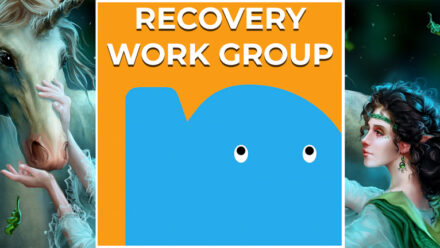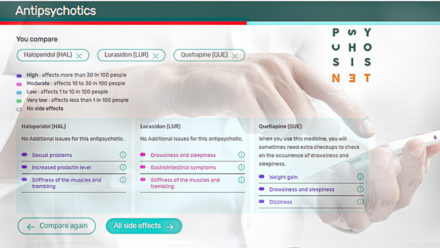
Besides the mainstream treatment methods, various alternative possibilities exist in addition to your therapy. Mindfulness is a famous example, or the Yucel method.
Family constellations
A family constellation is a form of psychotherapy invented by Bert Hellinger in the 1980s. This method belongs to the category of “systemic therapy”. It thus focuses on the entire family system, instead of just the individual. The constellation is formed by actual people who represent the client’s family members. In this way, negative interactions or the individual’s ‘entanglement’ within problems inside the family can come to light.
Learn more about family constellations.
Mindfulness
Mindfulness can be used in case of stress because of experiences (voices, suspiciousness, depression, loss of hope) or situations you are unable to handle. Mindfulness, also called attention training, is the opposite of going through life on autopilot. You become more in touch with your feelings, without judging or reacting. You accept the situation as it is, and thereby create room to consider your problems from new perspectives. By practising this process, you experience life more intensely. While at the same time it becomes easier for you to relax. Mindfulness can be part of Acceptance and Commitment Therapy. Training consists of about eight group meetings with exercises and assignments between sessions.
Open dialogue
Open dialogue is a Finnish treatment achieving spectacular results for people with psychosis. To many voice hearers it makes perfect sense to talk back to the voices themselves, but it is strange to have someone else do so. In open dialogue, everybody who is important to the individual with psychosis becomes involved in the treatment. They meet five to ten times. Usually the voice hearer feels he is being taken very seriously, because the therapist is addressing the voices like a (psychological) reality. All involved people around the individual can help piece bits of the puzzle together to see what causes the psychosis.
Learn more about open dialogue.
The Yucel method
With the Yucel method you use coloured blocks to build a structure that resembles your situation in life. First you name your problems (challenges) and the support you are getting (resources) in your own words. And then, by using the blocks, you make them visible and concrete. This makes your problems and need for support more clear and easier to talk about. This method also works well for people who are not much of a talker or less verbally gifted.




